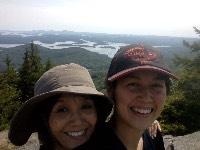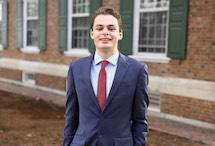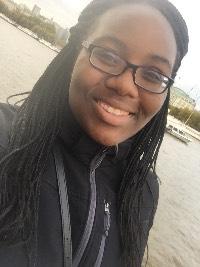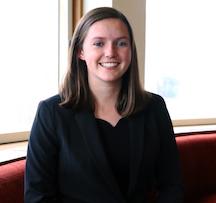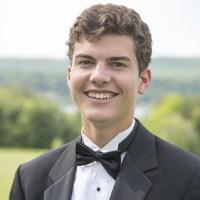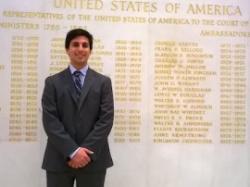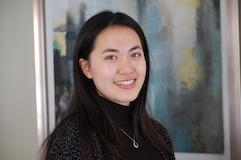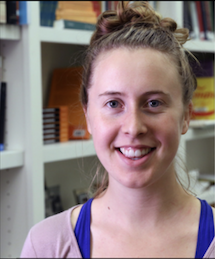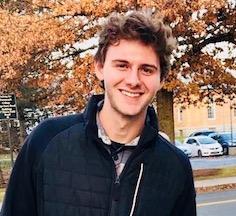Eliza Ezrapour, '18
Major: Geography Modified with Law
eliza_ezrapour.jpg
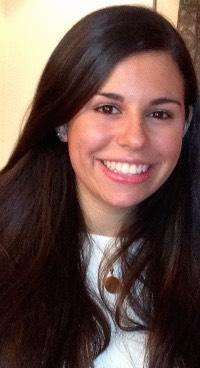
At Dartmouth, I have pursued every possible opportunity to study law. “The Ethics of Power” showed me the extent to which the law allows for the discretion and how this can manifest positively and destructively. “Federal Indian Law” with Professor Duthu denotes a shift in my contemplation of the law. I was studying Supreme Court decisions but using the skills I developed in Geography classes. I grappled with questions such as how the boundaries of a reservation create holes in legal protection phenotypically mapped onto the bodies of Native American women. Exploring these questions solidified my understanding of the connection of law to every facet of the American social structure. I decided to formally connect law to my studies, not just my extra-curriculars, and modified my Geography major with law. This modification has enabled me to explore several elements of the law as well as learn to apply it with an interdisciplinary approach. I proceeded to take “The Written Judicial Opinion.” This class gave me the technical and rhetorical skills to analyze contemporary and historic Supreme Court cases within their respective spatial and temporal contexts. “Policy Implementation” enabled me to study a different element of law, its formation, and its execution. This class provided me with a more holistic appreciation for the government bodies from the Secretary of Defense to a street-level bureaucrat and their roles in applying law.
